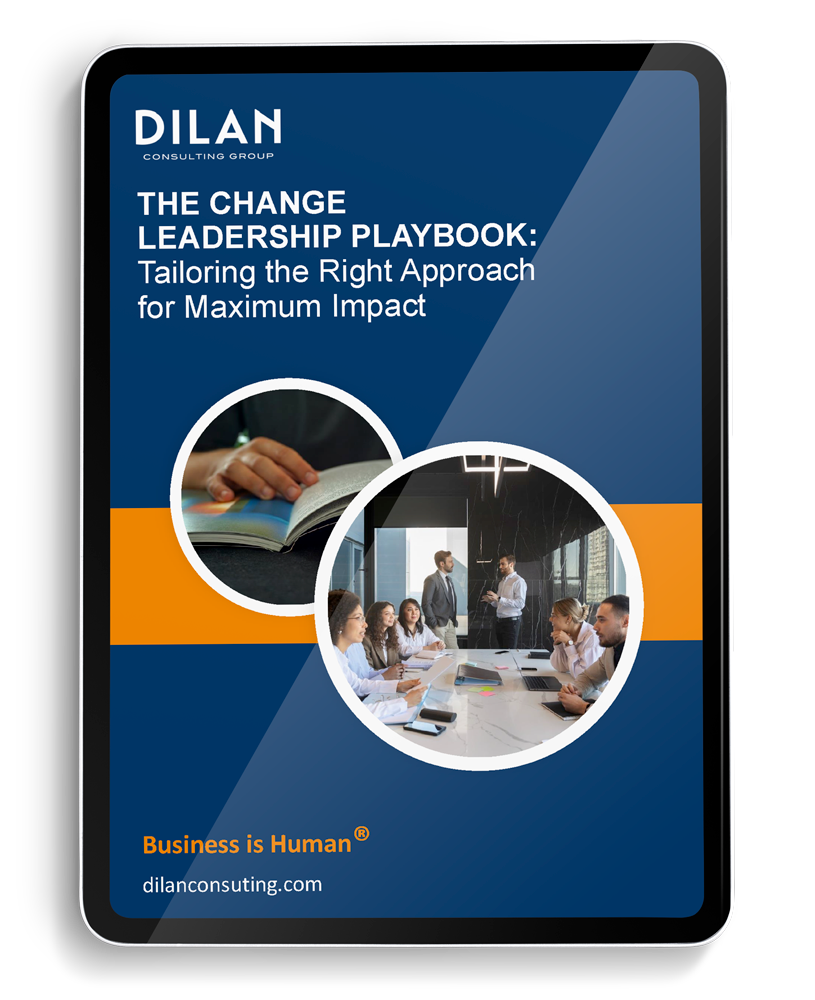We all spend so much time in meetings and we all wonder why! We also wonder why aren’t meetings effective and how can we make them more effective.
Having effective meetings is a multi-faceted challenge, and therefore requires a multi-dimensional solution. In my presentations about effective meetings, I tackle 4 dimensions ranging from 1) skill development, 2) using technology more effectively, 3) working more strategically, to 4) uncovering and addressing underlying root causes that are specific to your team or organization. In this article, I will address the skill development dimension.
The 7 skills that can help make meetings effective
Skill #1: Having clear agenda. This goes beyond the list of agenda items. A clear agenda needs to include the “type” of items, the owner, and the allotted time. The most common types are “fyi,” “discussion,” “input,” or “decision.” Clarifying the type of each time creates clarify and focus, and therefore efficiency and meaningful outcomes.
Skill #2: Having a clear decision making process. Teams and organizations who aren’t skilled in decision making spend a lot of time spinning their wheels. When tackling a decision item, the owner of this item needs to clarify how the decision will be made. The most common types are “one person making the decision” (this may not require a meeting), “consultative decision,” or “consensus based.”
Skill #3: Active facilitation while staying flexible. An active facilitator asks questions, makes suggestions, keeps everyone engaged, and stays flexible. Easier said than done and can only happen with diligent practice!
Skill #4: Active participation while staying flexible. An active participant makes suggestions but he/she lets the facilitator facilitate. He/she stays engaged throughout, helping move the items forward, and helping create compelling outcomes.
Skill #5: Capturing and finalizing action items. Enough said!
Skill #6: Pre and post-meeting preparation. The meeting time is precious time. A lot needs to happen before the meeting to make the most of everyone’s time and leverage everyone’s expertise. Educating participants ahead of time about the issues and providing background material can go a long way. Continuing this process after the meeting is just as critical.
Skill #7: Leveraging online tools to your advantage. This refers to information sharing tools and virtual meeting tools. These tools can help reduce meetings and shorten meeting times and allow us to focus meetings on the important issues rather than the basic information that can be shared offline.
After going through these skills, one participant asked me: “But how do I handle a meeting participant who ‘highjacks’ my meeting!” This ended up being a great discussion on facilitation skills and managing difficult participants.
One aspect of this discussion that I would like to mention relates to skill #3 and it is the one thing that I believe facilitators must do above all: “Step into the facilitator role, claim it, and be it.” This translates to your tone of voice, your eye contact, the content of what you say, among other things. Give yourself permission to be the facilitator. If you are not normally comfortable with some of the behaviors that are associated with this role, practice and role-play ahead of time. This can go a long way in setting the tone of the meeting, and paving the road for being effective and for creating amazing results!




